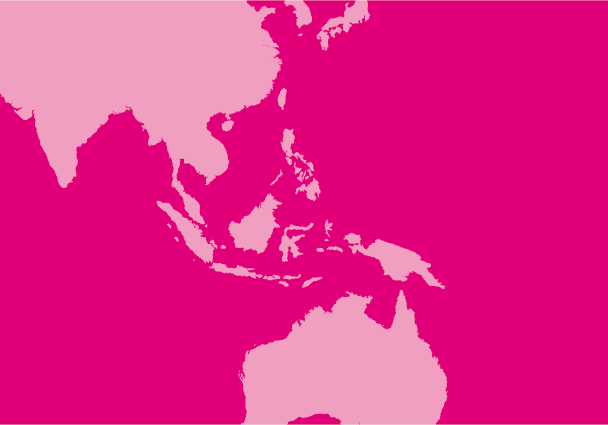
Mar 11, 2013
The ICJ has brought to the attention of the UPR mechanism issues concerning judicial independence, freedom of assembly and association, freedom of expression and security measures in Malaysia.
The ICJ’s submission comes ahead of the consideration of the situation of human rights in Malaysia by the Human Rights Council’s Working Group on the Universal Periodic Review (21 October to 1 November 2013). It includes suggested recommendations to be taken up in the UPR of Malaysia.
Malaysia-ICJ-UPR17-StakeholderSubmission-Legal submission-2013 (full text in PDF)
Malaysia-UPR17-AdvocacyNote-LegalSubmission-2013 (download short advocacy note in PDF)
Malaysia-ICJ-UPR17-ComparisonChart-2013 (full text in PDF)
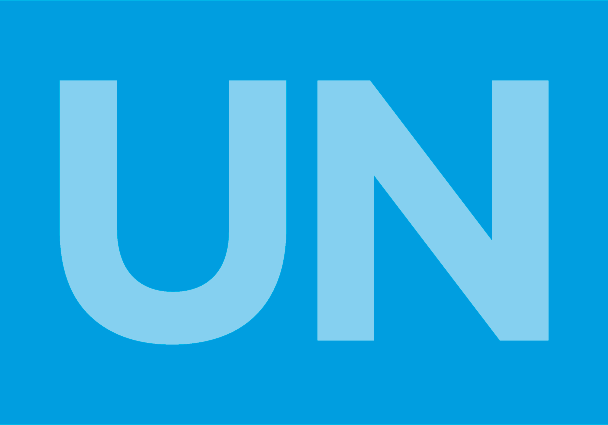
Mar 6, 2013
The ICJ and the Centre for Reproductive Rights (CRR) have addressed the Human Rights Committee on the issue of women’s access to therapeutic abortions in Peru.
In an alternative report for the Committee’s examination of the fifth periodic report of Peru under the International Covenant on Civil and Political Rights, the ICJ and CRR submission addresses the failure of Peru to take steps toward implementation of views of the Human Rights Committee and the Committee on the Elimination of Discrimination against Women (KL v Peru and LC v Peru). Both communications concerned the failure of Peru to enable young women access to therapeutic abortions, found to have amounted to violations of the rights of the applicants.
Peru’s fifth periodic report will be under consideration during the 107th session of the Human Rights Committee (11-28 March 2013), following which the Committee will issue Concluding Observations and recommendations.
Peru-HRCttee107-JointAR-CRR-ICJ-LegalSubmission-2013 (download full submission in Spanish)
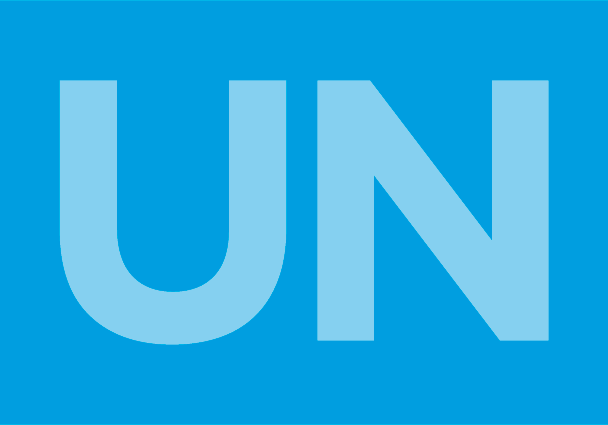
Feb 26, 2013 | Advocacy, Non-legal submissions
The ICJ joined 14 other NGOs in expressing deep concern over the exclusion of civil society from the consultation process on the UN human rights treaty bodies strengthening process.
In a statement delivered by the International Service for Human Rights during an informal hearing for civil society on 26 February 2013, the continued exclusion of the Geneva-based NGO Alkarama, and the lack of transparency by which this decision was made, was criticised.
Signatories to the statement urged the facilitators of the process and UN member States to enable independent civil society to contribute to the treaty body strengthening process.
TBSP-Alkarama-NonLegalSubmission-2013 (download statement in full)
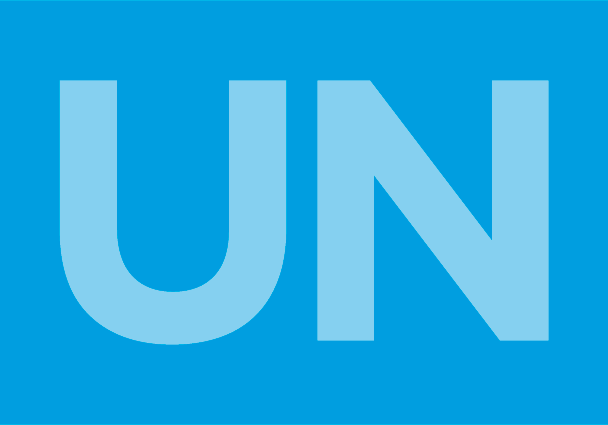
Feb 11, 2013
The ICJ has called on the Human Rights Council and its members and observers, individually and collectively, to ensure that universal and regional standards and mechanisms reinforce rather than undermine universal human rights standards.
Reflecting on the ICJ Declaration on Access to Justice and Rights to a Remedy in International Human Rights Systems, adopted during the 17th Congress of the ICJ in December 2012, the statement was submitted today to the UN ahead of the Human Rights Council’s 22nd regular session (25 February to 22 March 2013).
Recalling the emphasis placed on the right to a remedy in the Vienna Declaration and Programme of Action, adopted by consensus twenty years ago, the ICJ called on all States to:
- Ensure that regional standards and mechanisms reinforce rather than undermine universal human rights standards;
- Ensure that the outcome of the treaty body strengthening process indeed strengthens the treaty bodies;
- Actively promote universal acceptance of individual communications procedures of the treaty bodies, and fully implement interim decisions and final views of the treaty bodies; and
- Initiate an intergovernmental process for the elaboration and adoption of a statute for a World Court of Human Rights.
HRC22-Item8-WrittenStatementVDPA-A2J-LegalSubmission-2013 (download full statement in PDF)
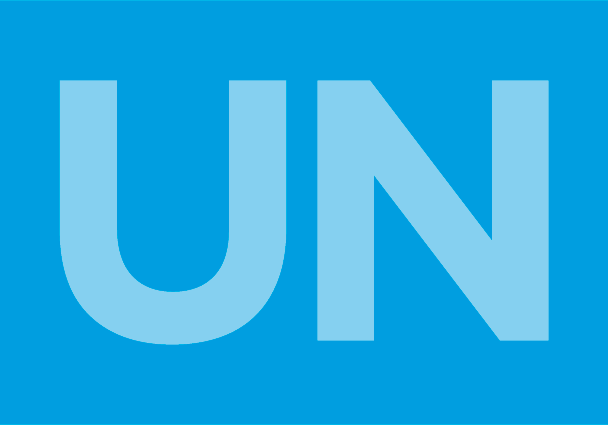
Dec 13, 2012
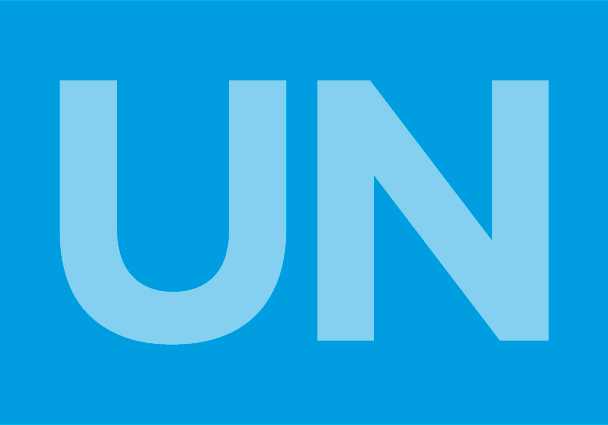 The Geneva Academy of International Humanitarian Law and Human Rights, with the support of the Academic Platform Switzerland UN, today convened an expert meeting on the independence of the UN treaty bodies.
The Geneva Academy of International Humanitarian Law and Human Rights, with the support of the Academic Platform Switzerland UN, today convened an expert meeting on the independence of the UN treaty bodies.
Providing a critical assessment from civil society, the ICJ’s UN Representative spoke of the legal and policy challenges in the proposal to establish a code of conduct for treaty body members. His intervention posited that:
- The General Assembly’s intergovernmental process on the strengthening of the treaty bodies has no legal competence to establish or impose a code of conduct for treaty body members;
- A request by the intergovernmental process for treaty bodies to themselves establish a code of conduct would be inappropriate and inconsistent with the framework of the human rights treaty bodies; and
- Such a request is also unnecessary.
The ICJ’s intervention reflects its submission to a civil society consultation on the intergovernmental process.
ICJ-TBStrengtheningCSForum-legal submission (2012) (download in PDF)










